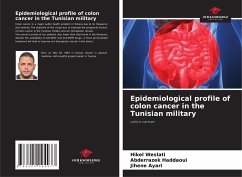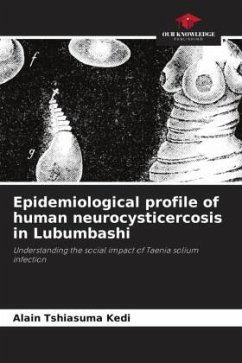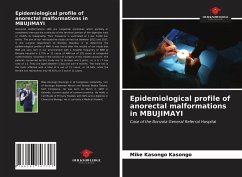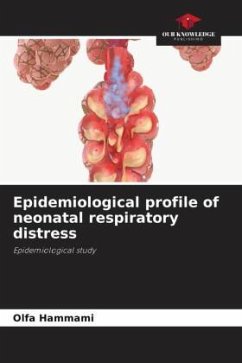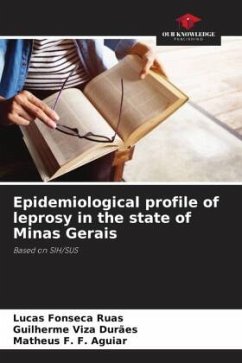
Epidemiological profile of malaria
Mékin-Sikoro community health center in Commune I of the Bamako district, 2021
Versandkostenfrei!
Versandfertig in 6-10 Tagen
45,99 €
inkl. MwSt.

PAYBACK Punkte
23 °P sammeln!
Malaria is a parasitic disease, a febrile, hemolytic erythrocytopathy caused by the development and multiplication in humans of hematzoa of the genus Plasmodium. The aim of this study was to assess malaria management in the Mékin-Sikoro population in 2021. This was a cross-sectional study of the epidemiological profile of malaria in Mékin-Sikoro in Commune I of Bamako district. Our study, based on consultation and laboratory registers from 2021 and an interview survey of 234 people of all ages, will be carried out in October 2022. At the end of the study, we observed a malaria frequency of 5...
Malaria is a parasitic disease, a febrile, hemolytic erythrocytopathy caused by the development and multiplication in humans of hematzoa of the genus Plasmodium. The aim of this study was to assess malaria management in the Mékin-Sikoro population in 2021. This was a cross-sectional study of the epidemiological profile of malaria in Mékin-Sikoro in Commune I of Bamako district. Our study, based on consultation and laboratory registers from 2021 and an interview survey of 234 people of all ages, will be carried out in October 2022. At the end of the study, we observed a malaria frequency of 51.5% among CSCOM patients. This frequency varied from one season to another, with the highest number of cases during the rainy season (58.2%). Children aged 6 to 15 suffered more from malaria, at 57.4%. The most frequent clinical signs were fever %, headache %, vomiting % and chills %. Simple malaria was the most frequent phenotype 99.5% versus less than 1% severe malaria. Injectable antimalarial drugs were, however, the most widely prescribed, at 73.1%.






